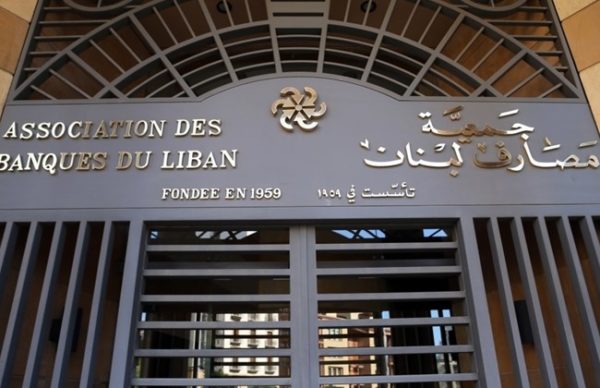
by naharnet — Cabinet on Wednesday approved important administrative and financial appointments amid the boycott of Marada Movement’s two ministers Lamia Yammine and Michel Najjar. Wassim Mansouri, Salim Chahine, Bashir Yaqzan and Alexander Moradian were named as deputies for the central bank governor, as Maya Dabbagh was named head of the central bank’s Banking Control Commission and Kamel Wazni, Joseph Haddad, Marwan Mikhail and Adel Dreiq were appointed as its members. Christelle Wakim was meanwhile named state commissioner to the central bank as Shadi Hanna was named as a member of the central bank’s Special Investigation Commission and Wajeb Ali Qansou, Fouad Choucair and Walid Qaderi were appointed as members of the Capital Markets Authority.
As for the administrative appointments, Cabinet named Marwan Abboud as Beirut Governor, Pauline Dib as Jbeil-Keserwan Governor, Mohammed Abu Haidar as director general of the Economy Ministry, Ghassan Noureddine as Director General of Investment at the Energy Ministry, Nisrine Mashmoushi as head of the Civil Service Council, Jeryes Berbari as Director General of the Directorate General of Cereals and Sugar Beet at the Economy Ministry. The long-awaited appointments had been the subject of controversy and disagreements for several months, especially those related to the governors and the deputies of the central bank governor. “The approach of the distribution of shares, which was the norm over the past years, is no longer valid today and we believe in the inevitability of abandoning it,” Marada sources told MTV earlier on Wednesday. “There is a need to move to a transparent mechanism for appointments that would be exclusively based on competence and skill,” the sources added. “We received more than one offer over the past two days, but we rejected them in line with our previous stances,” the sources went on to say, warning that “these appointments will destroy what’s left of the spirit of this state.” “We won’t be partners in this or witnesses,” the sources added.
by reuters — Lebanon’s government appointed four central bank vice governors on Wednesday to posts left vacant for more than a year as the country slid into dire financial crisis. The process, which filled a package of top state jobs on Wednesday, drew criticism from opponents of the government and some of its allies who say the choices were determined by a political carve-up. Lebanon has grappled since October with a financial crisis on a scale it has never seen before. The currency has lost more than half its value and banks have frozen savers out of their deposits as the financial system suffered a liquidity crisis.
Prime Minister Hassan Diab’s government took office in January with backing from the powerful Iran-backed Shi’ite Muslim Hezbollah movement and its allies, the Christian head of state President Michel Aoun and the Shi’ite Amal Movement of Parliament Speaker Nabih Berri. Social Affairs Minister Ramzi Moucharafieh denied that the appointments cabinet made during Wednesday’s session stemmed from political pie-sharing. “Political back-and-forths are normal in the country,” he said. “But in the end, all the people were chosen based on competence, expertise, and several interviews.” Nasser Saidi, a former economy minister, said the government lost credibility by approving the proposed nominations for the central bank, the banking control commission, and the capital markets authority. “We missed a historical opportunity…
The banking sector is at the heart of any rescue plan for Lebanon,” he said. “You need a restructuring of the debt, of the financial sector, and you need people who are not political appointees to oversee that.” The new picks will be deputies to Riad Salameh, who remains the central bank governor, a job he has held since 1993. “There is a general disappointment even from supporters of the government,” said Mohanad Hage Ali of the Carnegie Middle East Center. “They are voicing concern about how this is being handled, and that promises of independence are being breached and broken in a systematic way.”
BEIRUT (Sputnik) – The Lebanese government has thwarted plans to create a large-scale sectarian conflict in the country, which was close to becoming a reality after violent clashes took place this past weekend, Prime Minister Hassan Diab said Wednesday. “Lebanon experienced a dangerous moment at the end of the past week, and we overcame attempts to create a sectarian conflict”, Diab said after a government meeting. The prime minister accused Israel of attempting to stir up unrest in Lebanon and also hit back at opposition groups that blame him for the country’s current financial crisis, which Diab stated was the result of decades of economic mismanagement. On Monday, the Lebanese security forces infiltrated and detained individuals belonging to four groups that were alleged to have instigated the violent clashes this past weekend. Beirut stated that many of those arrested were foreign nationals.



